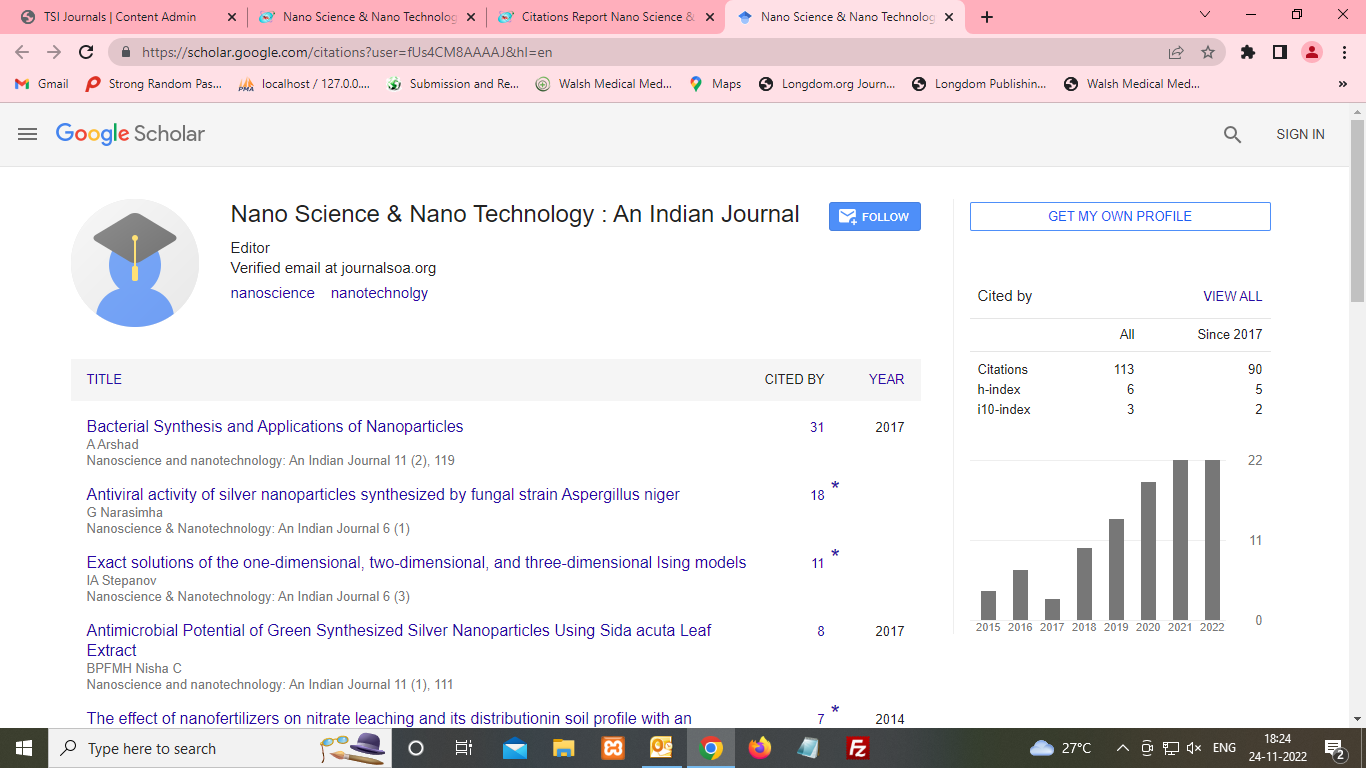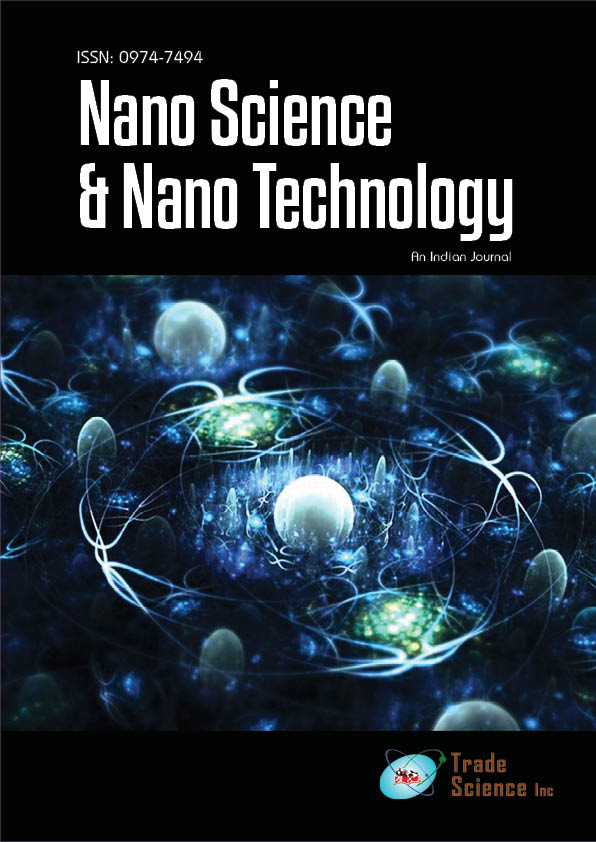Abstract
Can penicillin-bound nanoparticles restore the activity of ├ā┬ā├é┬¤-lactam antibiotics against methicillin-resistant staphylococcus aureus?
Author(s): S.M.Abdelhamid, H.S.Ramadan, N.A.Mokhless, N.A.Abo-KhedrLoss of effectiveness of commonly used antibiotics such as penicillin and other â-lactam drugs against MRSA lead to calling for immediate need for improvement in drug design, discovery, and delivery. The application of nanotechnology to drug delivery system is widely expected to change the landscape of pharmaceutical and biotechnology industries for foreseeable future, where nanoparticles represent a very promising chitosan approach to this aim. The aim of this work was to assess whether penicillin-bound chitosan nanoparticles will display antibacterial activity against MRSA and to determine the bioactivity of penicillin-bound nanoparticles. Chitosan nanoparticles were prepared by iontogelation method and penicllin were loaded during processing of nanoparticles by incorporation method. Prepared nanoparticles were characterized using transmission electron microscope, particle size analyzer and drug encapsulation efficiency. Staphylococcus aureus isolates were subjected to oxacillin and cefoxitin disc diffusion method, and PCR for detection of mecA gene or identification ofMRSA andMSSA isolates. FiftyMRSA and 30 MSSA were selected and further tested. Determination of penicillin and penicillin-bound chitosan nanoparticles MIC by broth microdilution method was performed. All MRSA isolates were resistant to penicillin using both methods. As for the MSSA isolates, using penicillin- bound chitosan nanoparticles, none displayed resistance at a dilution of eÂ├āŌĆÜ├éŌĆØ 512 µg/ml (0.0%), ten (33%) revealed an MIC of eÂ├āŌĆÜ├éŌĆØ 16 µg/ml, whereas 7 revealed an MIC of 16 µg/ml. It was observed that 3 isolates (10%) of MSSA turned sensitive to penicillin when performing the MIC broth microdilution test, using penicillin-bound chitosan nanoparticles. Though 27 MSSA isolate remained resistant; yet the MIC of penicillinbound chitosan nanoparticles was significantly reduced. In conclusion, penicillin-bound chitosan nanoparticles was effective only with MSSA producing penicillinase in reducing MIC of penicillin or even making MSSA sensitive to penicillin. But with MRSA, penicillin-bound chitosan nanoparticles gave no effect.

